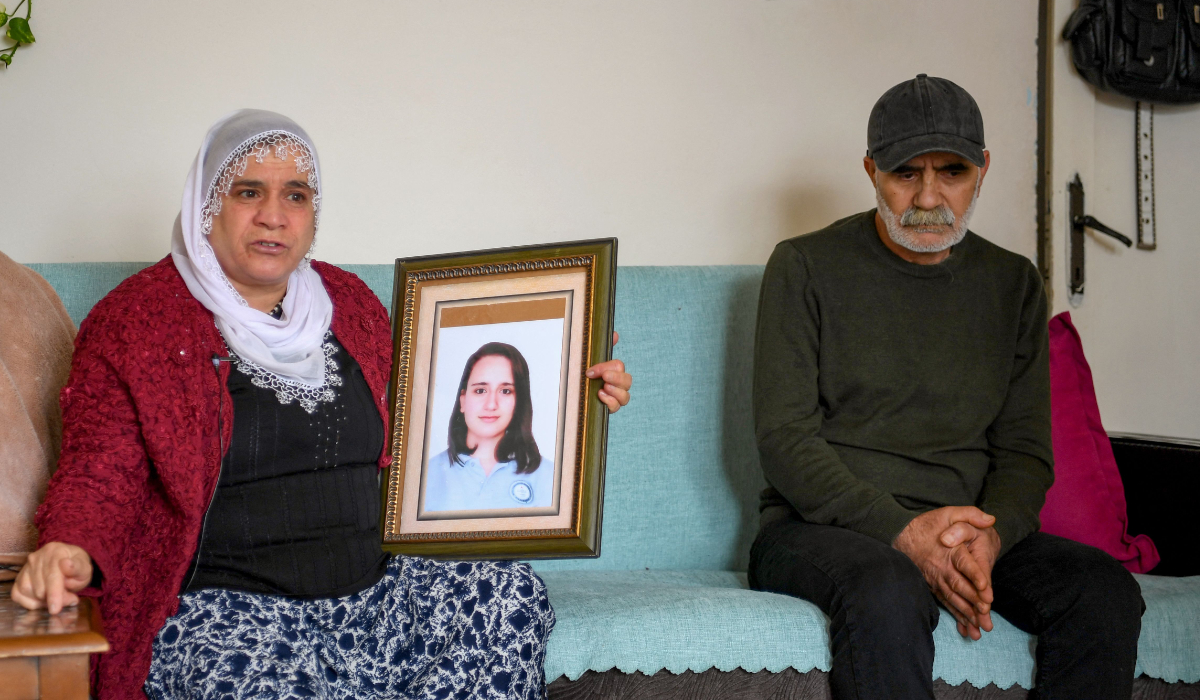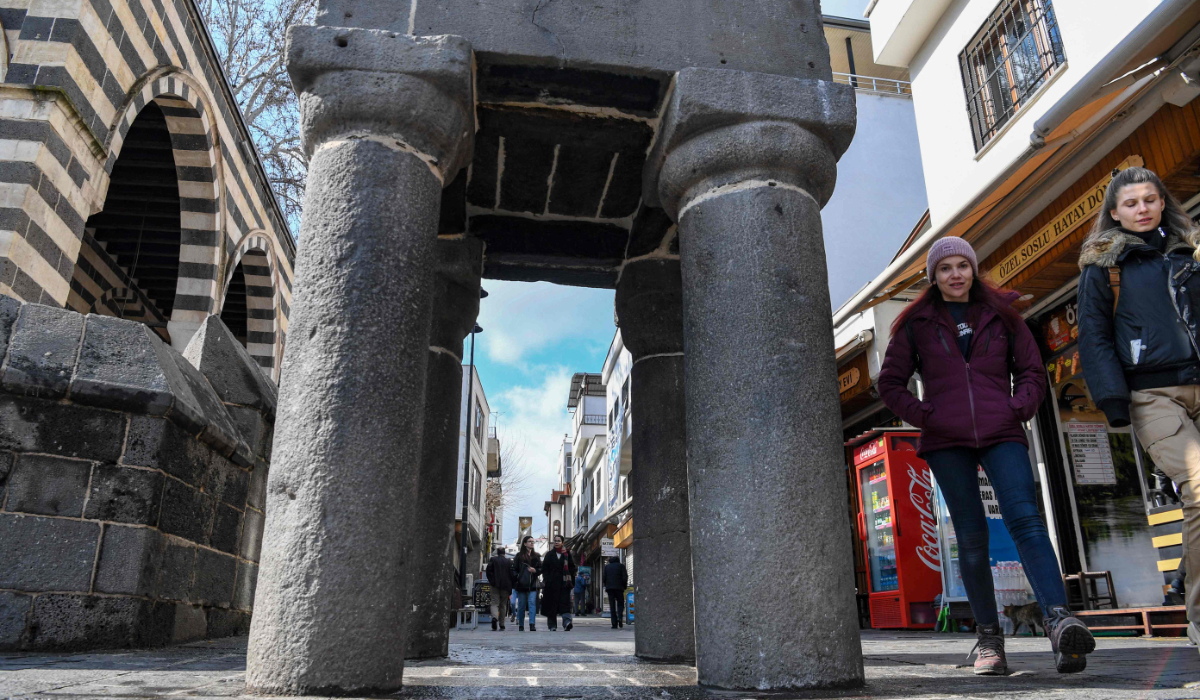DAMASCUS: In less than two months, Syria’s Ahmed Al-Sharaa has risen from rebel leader to interim president, after his Islamist group led a lightning offensive that toppled Bashar Assad.
Sharaa was appointed Wednesday to lead Syria for an unspecified transitional period, and has been tasked with forming an interim legislature after the dissolution of the Assad era parliament and the suspension of the 2012 constitution.
The former jihadist has abandoned his nom de guerre Abu Mohammed Al-Jolani, trimmed his beard and donned a suit and tie to receive foreign dignitaries since ousting Assad from power on December 8.
The tall, sharp-eyed Sharaa has held a succession of interviews with foreign journalists, presenting himself as a patriot who wants to rebuild and reunite Syria, devastated and divided after almost 14 years of civil war.
Syria’s new authorities also announced Wednesday the dissolution of armed factions, including Sharaa’s own Hayat Tahrir Al-Sham (HTS), which is rooted in the Syrian branch of Al-Qaeda.
Since breaking ties with Al-Qaeda in 2016, Sharaa has sought to portray himself as a more moderate leader, and HTS has toned down its rhetoric, vowing to protect Syria’s religious and ethnic minorities.
But Sharaa has yet to calm misgivings among some analysts and Western governments that still class HTS as a terrorist organization.
“He is a pragmatic radical,” Thomas Pierret, a specialist in political Islam, told AFP.
“In 2014, he was at the height of his radicalism,” Pierret said, referring to the period of the war when he sought to compete with the jihadist Daesh group.
“Since then, he has moderated his rhetoric.”
Born in 1982 in Saudi Arabia, Sharaa is from a well-to-do Syrian family and was raised in Mazzeh, an upscale district of Damascus.
In 2021, he told US broadcaster PBS that his nom de guerre was a reference to his family’s roots in the Golan Heights. He said his grandfather was among those forced to flee the territory after its capture by Israel in 1967.
According to the Middle East Eye news website, it was after the September 11, 2001 attacks that he was first drawn to jihadist thinking.
“It was as a result of this admiration for the 9/11 attackers that the first signs of jihadism began to surface in Jolani’s life, as he began attending secretive sermons and panel discussions in marginalized suburbs of Damascus,” the website said.
Following the US-led invasion of Iraq in 2003, he left Syria to take part in the fight.
He joined Al-Qaeda in Iraq, led by Abu Musab Al-Zarqawi, and was subsequently detained for five years, preventing him from rising through the ranks of the jihadist organization.
In March 2011, when the revolt against Assad’s rule erupted in Syria, he returned home and founded Al-Nusra Front, Syria’s branch of Al-Qaeda.
In 2013, he refused to swear allegiance to Abu Bakr Al-Baghdadi, who would go on to become the emir of the Daesh group, and instead pledged his loyalty to Al-Qaeda’s Ayman Al-Zawahiri.
A realist in his partisans’ eyes, an opportunist to his adversaries, Sharaa said in May 2015 that he, unlike Daesh, had no intention of launching attacks against the West.
He also proclaimed that should Assad be defeated, there would be no revenge attacks against the Alawite minority that the president’s clan stems from.
He cut ties with Al-Qaeda, claiming to do so in order to deprive the West of reasons to attack his organization.
According to Pierret, he has since sought to chart a path toward becoming a credible statesman.
In January 2017, Sharaa imposed a merger with HTS on rival Islamist groups in northwestern Syria, thereby taking control of swathes of Idlib province that had been cleared of government troops.
In areas under its grip, HTS developed a civil administration and established a semblance of a state in Idlib province, while crushing its rebel rivals.
Throughout this process, HTS faced accusations from residents and human rights groups of brutal abuses against those who dared dissent, which the United Nations has classed as war crimes.
Syria’s Sharaa: jihadist to interim head of state
https://arab.news/g6ag3
Syria’s Sharaa: jihadist to interim head of state
































